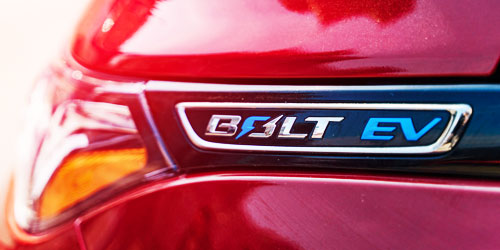
If you purchased or leased a 2017 – 2022 Chevrolet Bolt EV and have had the battery limiting software installed or the battery replaced, it is important to opt out of In re Chevrolet Bolt EV Battery Litigation, No. 2:20-13256 TGB-CI class action before February 24, 2025, otherwise you will not be able to bring an individual lemon law claim for these issues.
The class action established that General Motors LLC and LG sold Chevy Bolt EV vehicles with a battery defect that could cause fires and that recalls have been limiting owners’ and lessees’ use of their vehicle. Defendants GM and LG have agreed to create a settlement fund of $150,000,000 (“Settlement Fund”) from which Class Members may receive a payment of a measly $700. Consumers who have hired our office have obtained judgments and settlements far greater than what the class settlement provides.
If you wish to remain in the class action settlement, you don’t need to do anything, and you might eventually be reimbursed for battery repairs if you submit a reimbursement claim on time. However, remaining in the class action means you will waive your lemon law rights, and lemon law claims typically provide far better results than class actions. If you do not opt out by February 24, 2025, you will not be able to bring any future lemon law claims related to 2017 – 2022 Chevrolet Bolt models with battery defects, and our office is not able to take on any new 2017 – 2022 Chevy Bolt battery cases after February 24, 2025 if the consumer failed to opt out.
If you own or lease a 2017 – 2022 Chevrolet Bolt in California and are experiencing battery or any other issues that haven’t been fixed in a reasonable number of attempts while under warranty, Lemon Law Aid might be able to turn your lemon into lemonade. For more information and a free consultation, fill out the form below.



Write a comment: